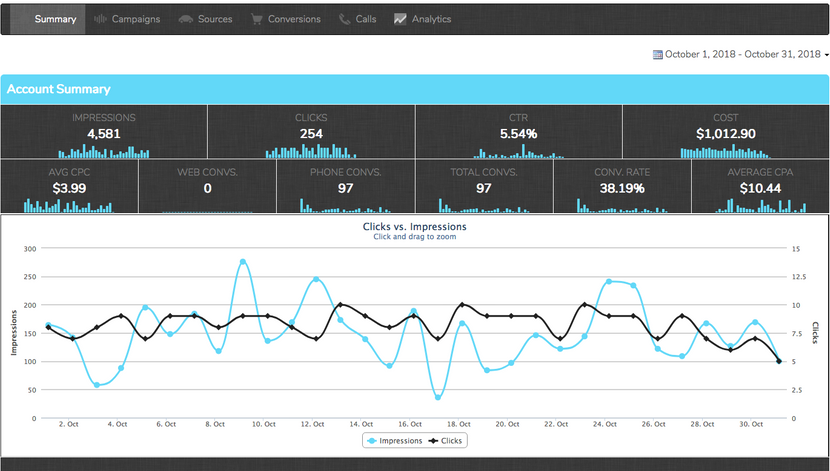Website Security
Managing Your Website Security
Hacking is not a joke or a myth. The year 2017 has been very good to hackers. Billions of dollars worth of data including personal and credit card information have been stolen from big-name companies. It is website security that is a joke and a myth.
Thousands of small companies have also been victimized by ransomware and SQL injection attacks. Network security has been aware of the threat of hacking for decades and have multiple layers of security to protect themselves. Hackers are now looking at soft profitable targets such as commercial web pages.
Basic website security should be implemented across the board. It is a requirement for websites with financial transactions. That includes sites that save personal data, use credit card numbers, and shipping information. The cost of litigation in having your data stolen far outweighs the extra basic website security.
Form Validation
Website forms are input sections of your website. It allows users to upload data in text format, as images, or videos then save it on your website.
It is a necessary part of any modern interactive website. User engagement in websites create viral traffic and keep users stay on pages longer. Forms are also a way for hackers to send command strings to your server to breach your security.
Form validation recognizes command strings and deletes them. It checks if all data in the forms are in the proper format before sending them to the server.
SSL Encryption
Secure Sockets Layer (SSL), and it’s evolution Transport Layer Security (TLS) protects the data being sent from users to your website and to your database.
It creates a secure channel between all devices communicating with your website. It prevents hackers from intercepting information going through the public network (like the internet) and using that data to access secure areas of your website.
Many browsers now require the use of SSL/TLS before opening a page. You can lose trust and visitors if their browser is telling users that your website is not secure.
Session Security
When users log in to your site, a “session” is created. The session temporarily saves a lot of data in a cache. It also lets your website differentiate each unique user.
It allows the same website like Facebook to create a different user experience unique to their individual preferences. It is how Facebook and other websites provide different information to each user using the same page.
Sessions tell websites the users identity. So it follows somewhere in the session information are ways for the website to identify each user. It means that data also needs to be protected. Session security and management is the part of website security that handles that.
Database security
The database is the most important part of your website. It is the heart, brain, and soul of any website/application. It is the primary target of most hackers. Apart from ransomware and DoS attacks, most hackers are aiming for your database.
Securing your database is your responsibility. The web hosting company is only responsible for the physical security of the machine. Every website should take the necessary steps to implement basic and advanced database security protocols.
Website security and application security is now a basic part of web development. Creating a WordPress, Magento, Drupal, Joomla or other web builders skip this part. They have modules that will help such as installing form validation, but you have to do all of the basic security. Companies such as hopintop.com can help you secure your webpage and application.
My Agency or Business Needs?
Subscribe
Even if you don't visit my site on a regular basis, you can get the latest posts delivered to you for free via RSS or Email or subscribe below:



